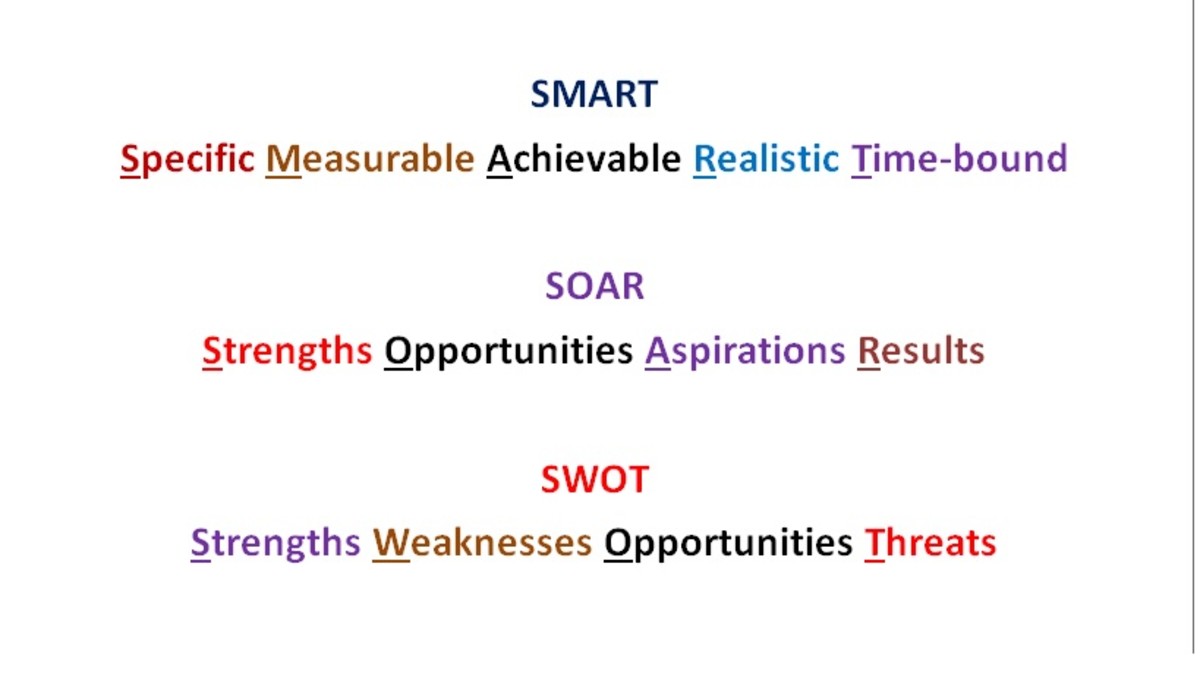Committee: Meaning and Definition from a Management Perspective
Committees exist both in business and non-business organizations. It is difficult to give a precise definition of the term “ Committee” because there are many different kinds of committees and the concept of committee varies widely from one organization to another. In many organizations, committees constitute an important part-of the organization structure. Committees are usually relatively formal bodies with a definite structure. They have their own organization. To them are entrusted definite responsibility and authority. A committee may review budgets, formulate plans for new products or make policy decisions. Or the committee may only have a power to make recommendations and suggestions to a designated official.
According to Louis A. Allen, "A committee is a body of persons appointed or elected to meet on an organized basis for the consideration of matters brought before it." A committee is a group of persons performing a group task with the object of solving certain problems. The area of operation of a committee is determined by its constitution. A committee may formulate plans, make policy decisions or review the performance of certain units. In some cases, it may only have the power to make, recommendations to a designated official. Whatever may be the scope of their activities, committees have come to be recognized as an important instrument in the modem business as well as non-business organizations. They help in taking collective decisions, coordinating the affairs of different departments and meeting communication requirements in the organization.
Generally, committees are constituted to achieve one or more of the following objectives
- to have consultation with various persons to secure their view-points on different aspects of business.
- to give participation to various groups of people.
- to secure cooperation of different departments.
- to coordinate the functioning of different departments and individuals by bringing about unity of direction.
Types of Committee:
According to the nature of their constitution and functions, committees can be classified as follows:
- Line and Staff Committees: If a committee is vested with the authority and responsibility to decide and whose decision is implemented invariably, it is known as a line committee. For example, board of directors of a company is a line committee of the representatives of its members, which is authorized to take and implement policy decisions. On the other hand, if a committee is appointed merely to counsel and advice, it is known as a staff committee. For instance, a committee composed of the heads of various departments may meet at periodical intervals to counsel the chief executive.
- Formal and Informal Committees: When a committee is constituted as a part of the organization structure and has clear-cut jurisdiction. It is a formal committee. But an informal committee is formed to advise on certain complicated matters on which the management does not want to set up formal committee, which is a costly device, Informal committees do not form part of the organization structure.
- Standing and Ad hoc Committees: Formal committees, which are of permanent character, are known as standing committees. Ad hoc committees are temporary bodies, which may be formal or informal. An ad hoc committee is appointed to deal with some special problem and stops functioning after its job are over.
- Executive Committee: It is a committee, which has power to administer the affairs of the business.
- Coordinating Committee: Such a committee is generally constituted to coordinate the functioning of different departments. It consists of the representatives of different departments who meet periodically to discuss their common problems.
In addition, a business enterprise may have other committees like (a) Finance Committee, (b) Planning Committee, (c) Production. Committee, (d) Workers' Welfare Committee, and so on.
- Management Articles and Business Case Studies
Free seminars and articles for business and management studies.








